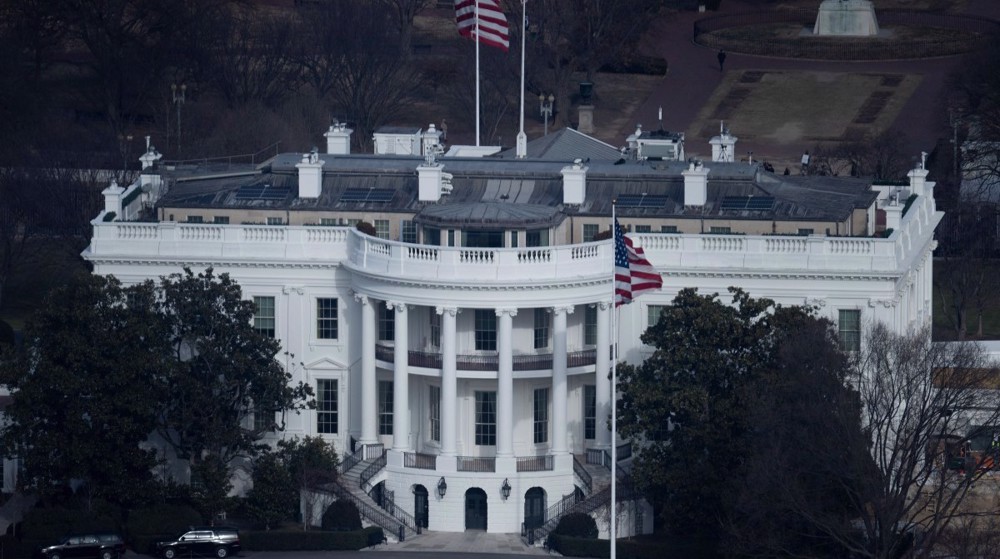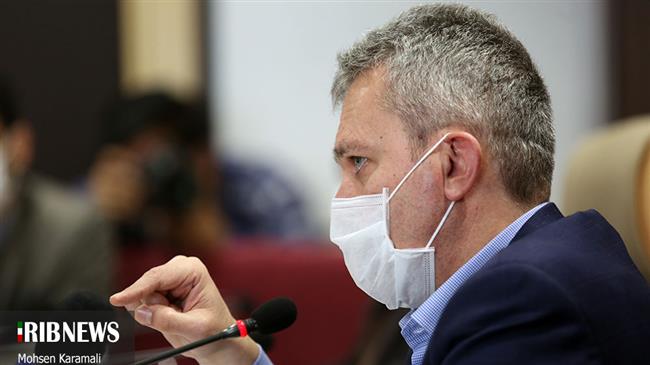Covid-19 updates: China reports zero cases outside Hubei as world steps up fight
China has reported zero cases of infections with the new coronavirus Covid-19 outside Hubei Province, the epidemic’s epicenter, for the first time since the outbreak started in December 2019 and later reached other world continents, where the disease continues to infect more people and take more lives.
The novel coronavirus, which first emerged in the city of Wuhan in Hubei, has killed more than 3,800 people and infected over 108,000 in at least 95 countries — the majority in mainland China.
The country’s National Health Commission on Sunday recorded 40 new cases, down from 44 a day earlier, the lowest since Beijing first began to release data on January 20.
Of the new infections, 36 were in Wuhan and the remaining four had been imported from Iran, one of the worst-hit countries.
On Sunday, China also reported 22 new deaths — which were all, except one, in Hubei, bringing the toll to 3,119.
More than 80,700 people have in total been infected in mainland China.
China closed several makeshift hospitals for coronavirus patients and some schools reopened on Monday as normality slowly returns to the country after weeks of battling the epidemic.
Last week, a top government official said that a lockdown imposed on some 56 million people in Hubei since late January could soon be lifted.
On the contrary, the global fight against the outbreak has been stepped up since the weekend as more people are contracting Covid-19.
Italy
Italy, which has stood alone as a hot zone in Europe, placed a quarter of its population on lockdown on Sunday.
Health officials reported a huge jump in deaths from the disease on Sunday, with Prime Minister Giuseppe Conte saying that the country is “facing an emergency, a national emergency.”
Cases of coronavirus almost tripled from about 2,500 infections on Wednesday to more than 7,375 on Sunday across the country.
The death toll also rose from 233 to 366, a rise of more than 50 percent in 24 hours.
As part of effort to limit the transmission of COVID-19, Pope Francis recited the Angelus prayer via livestream on screens on Saint Peter'’s Square in Vatican City on Sunday.
The traditional Angelus normally attracts large numbers of people to Saint Peter’s Square.
“To recite the Angelus this way is a safety measurement to avoid overcrowding and the possible spread of the virus,” he said.

Meanwhile, the number of confirmed cases has also been on the rise in all of Italy’s neighbors.
French health authorities reported three new deaths on Sunday, bringing the toll to 19. The number of reported infections also rose to 1,126 cases.
The country, which is currently at a coronavirus alert level 2, has announced a ban on gatherings of more than 1,000 people.
In Germany, fears of the virus’ spread have prompted the government to call for the cancelation of large events.
As cases reached close to 850 in the country, Health Minister Jens Spahn said Sunday that gatherings of more than 1,000 participants should be scrapped.
In another development, Berlin and Paris withdrew their representatives from North Korea and closed their missions in Pyongyang on Monday, according to the British ambassador there.
North Korea has not confirmed any cases of the coronavirus, but it has made foreigners from any country that has reported a case spend 30 days in quarantine. It has also reinforced border checks.
Turning point nears in virus fight: South Korea
Across the North’s border, South Korea has reported 69 new cases.
The Korea Centers for Disease Control and Prevention (KCDC) said Monday the new cases brought the country’s total infections to 7,382, while the death toll rose by one to 51.

Authorities expressed hope on Monday that the country was nearing a “turning point” in the crisis as the rate of new infections fell to its lowest in 10 days on Sunday.
Vice Health Minister Kim Gang-lip, however, warned that it was premature to say the crisis was over.
“There are still many patients arising from Daegu and nearby regions ... and sporadic infections continue to emerge elsewhere, though they’re not spreading as fast,” Kim said.
The South has imposed mutual travel restrictions with Japan in a move that has sparked a diplomatic and economic feud between the two.
Seoul suspended visas and visa waivers for Japan on Friday after Tokyo announced travel restrictions from South Korea.
According to data gathered by Japanese local governments, the viral infection has increased to 483 as of Monday, after three more cases were reported earlier in the day.
A total of 14 people have also died from the illness in the country.
Middle East
In the Middle East, Saudi Arabia has become the latest country to announce new cases of the disease.
The Health Ministry said on Monday there were four new cases of coronavirus, taking the total infections to 11 in the kingdom.
Kuwait said it had discovered one new case on Sunday, bringing the number of those infected in the country to 62, according to the Kuwaiti Health Ministry.
Meanwhile, the number of cases in Lebanon and Palestine stands at 22 each.
The total number of confirmed cases in Iraq climbed to 54 on Sunday, according to health officials, who also confirmed two further deaths due to the coronavirus. This took the total number of deaths in Iraq to six.
Iran has been the worst hit country in the Mideast, with a total of 6,566 infected cases and a total of 194 deaths on Sunday. At least 2,134 people have also been released from hospitals after recovering from the illness.
Egypt reports first death
Egypt’s Health Ministry reported the country’s first death from the coronavirus on Sunday.
It said that a 60-year-old German tourist, who had arrived in Egypt seven days ago and was taken to hospital in the Red Sea resort of Hurghada, passed away on Sunday.
The ministry said in a statement that officials registered seven new cases - four foreigners and three Egyptians on Sunday.
This brought the total number of confirmed cases to 55 in Egypt.
Israel kills five more Palestinians in Gaza amid ceasefire violations
Israeli minister says Netanyahu's new measures 'de facto sovereignty' over West Bank
Gazans vaporized by Israel's use of US-supplied weapons: Report
Canada condemns Trump’s threat to delay Ontorio-Michigan bridge opening
VIDEO | Iran’s Embassy in Kabul marks anniversary of Islamic Revolution victory
Iran’s security chief warns US of Israel's ‘destructive role’ ahead of Netanyahu visit
Israel’s death penalty bill marks 'highly dangerous phase' for Palestinian prisoners: PPS
VIDEO | Press TV's news headlines














 This makes it easy to access the Press TV website
This makes it easy to access the Press TV website